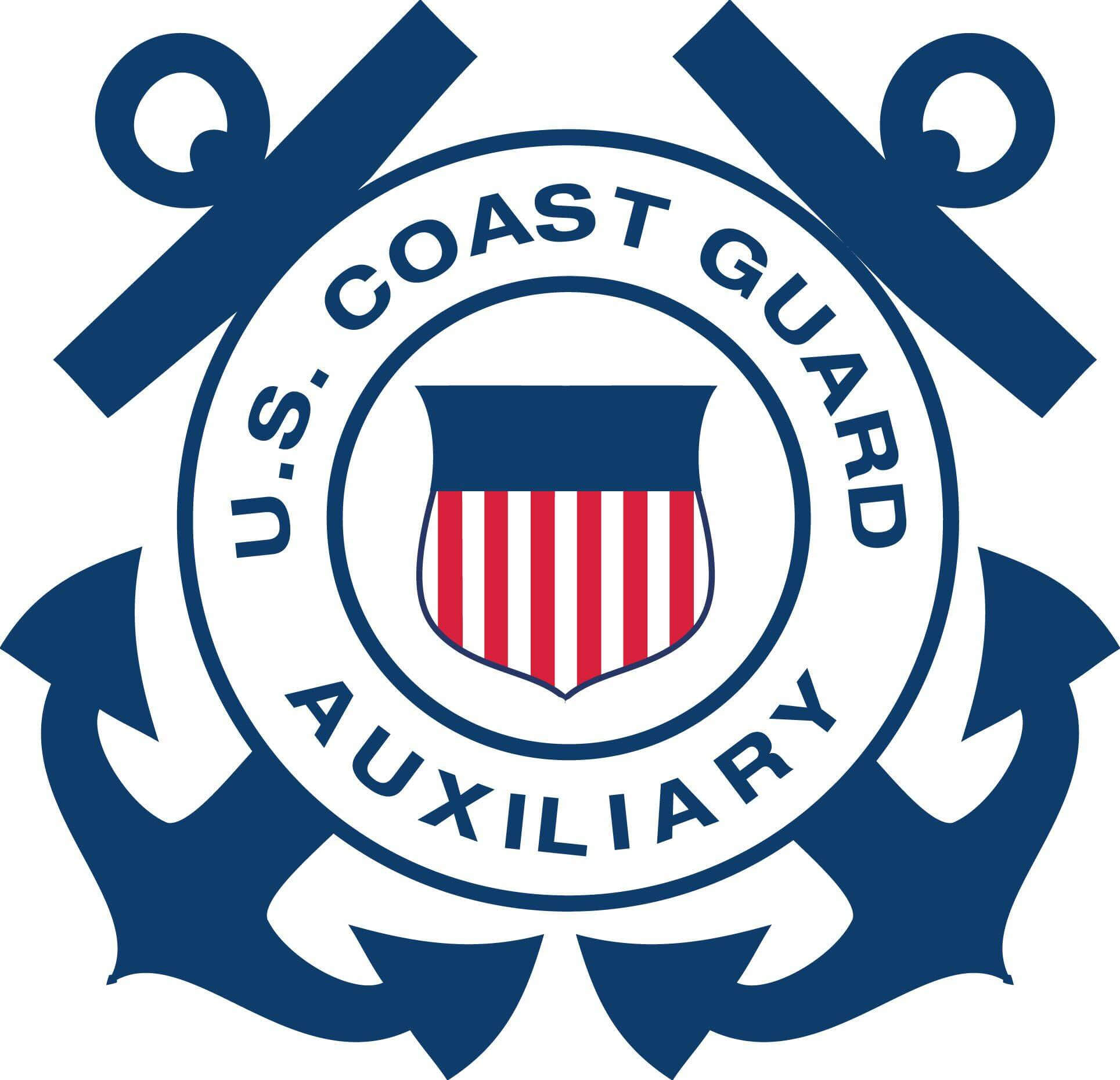 Three U.S. Coast Guard Auxiliarists, working with on-scene civilians with medical experience, medevaced a man with severe injuries at Quilomene Creek – part of Washington state’s Columbia River – Sep. 3, 2017.
Three U.S. Coast Guard Auxiliarists, working with on-scene civilians with medical experience, medevaced a man with severe injuries at Quilomene Creek – part of Washington state’s Columbia River – Sep. 3, 2017.
Auxiliarists Kathleen Goodwin (boat coxswain) and Steven Beckerman (crewman) were on patrol in the area – Auxiliarist Jan Jenne was shoreside, working in a communications relay role – when a woman approached them on a jet ski who reported that a man had been seriously injured and needed help. Goodwin and Beckerman were taken to the area, and once on-scene discovered that the man had suffered a head injury, which knocked him unconscious, and he had floated in the water for an undetermined amount of time, after using a 35-foot tall makeshift waterslide.
A large crowd of bystanders had gathered, and some in the crowd with medical experience were providing assistance – the man had been recovered from the water, placed on a boogie board to provide spinal support and a makeshift cervical collar had been improvised. Goodwin and Beckerman put in a call to Jenne to arrange for an ambulance at the nearest area that it could access it – 20 minutes from the scene of the injury – and they prepared to safely medevac the man. One bystander, who had been a military trauma nurse, came aboard to assist during the medevac.
During the high-speed transit to the determined rendezvous spot with the ambulance, the man was semi-conscious, had movement in his extremities, his lungs were clear and he had a rapid heartbeat. At one point, however, he started to bubble blood out of his mouth and nose. Emergency medical technicians from volunteer fire department were awaiting the patient at the pre-determined location, and took over providing medical care.
Instead of transporting the patient via ambulance, a decision had been made to further medevac him to a care center via Life Flight helicopter. The auxiliarists learned the next day that the man had been further transferred, because of the extent of his injuries, to a level one trauma center in Seattle, where it was expected he would remain in ICU for five-seven days. He suffered a fracture to the back of the skull, a broken nose, broken cheekbones and bleeding on the brain.
Coast Guard Auxiliarists Goodwin, Beckerman and Jenne will be recognized during the AFRAS Capitol Hill maritime search and rescue awards ceremony in Washington DC, Sep. 13. The event will be hosted by Congressman Jason Lewis (R-MN) and is coordinated by the board and officers of AFRAS. The Commandant of the U.S. Coast Guard, as well as other senior maritime and congressional officials, will also attend.
The AFRAS Chairman’s Award was established in 2014 and is awarded to a Coast Guard Auxiliarist (or a team of Coast Guard Auxiliarists) from among the nominations received for the AFRAS Silver Medal, when and only when, all nominations for the Silver Medal do not meet the criteria for the award of the AFRAS Silver Medal (which are the same criteria as the VADM Thomas Sargent III Gold Medal awarded to a Coast Guard enlisted member). A life must be in peril of being lost, whether at sea, on a river, or a lake, and a Coast Guard Auxiliarist (or team of Coast Guard Auxiliarists) must have had a direct impact on saving the life, or attempting to save the life in peril – from a watercraft, from land, or a pier, wharf or jetty connected to dry land.

